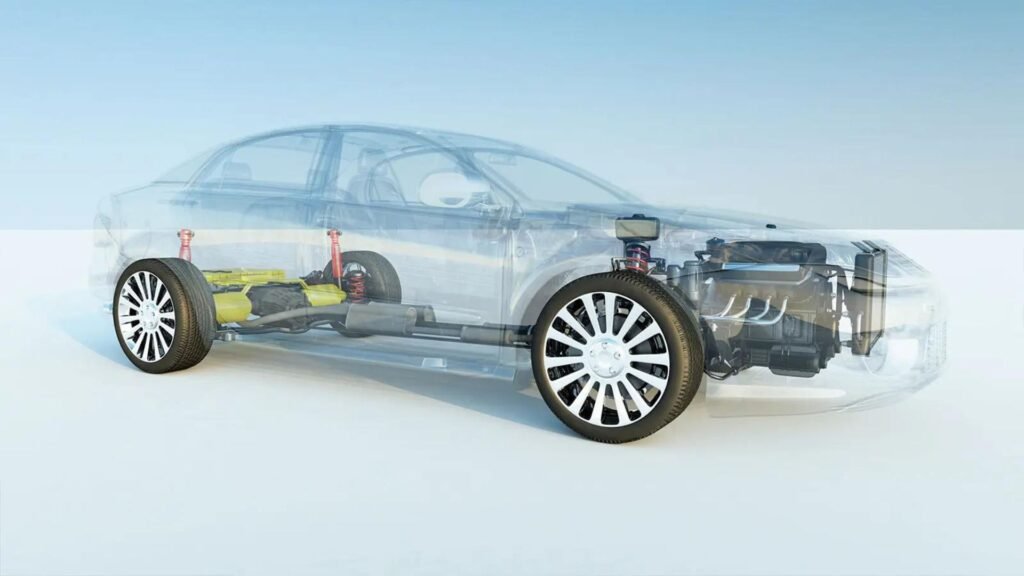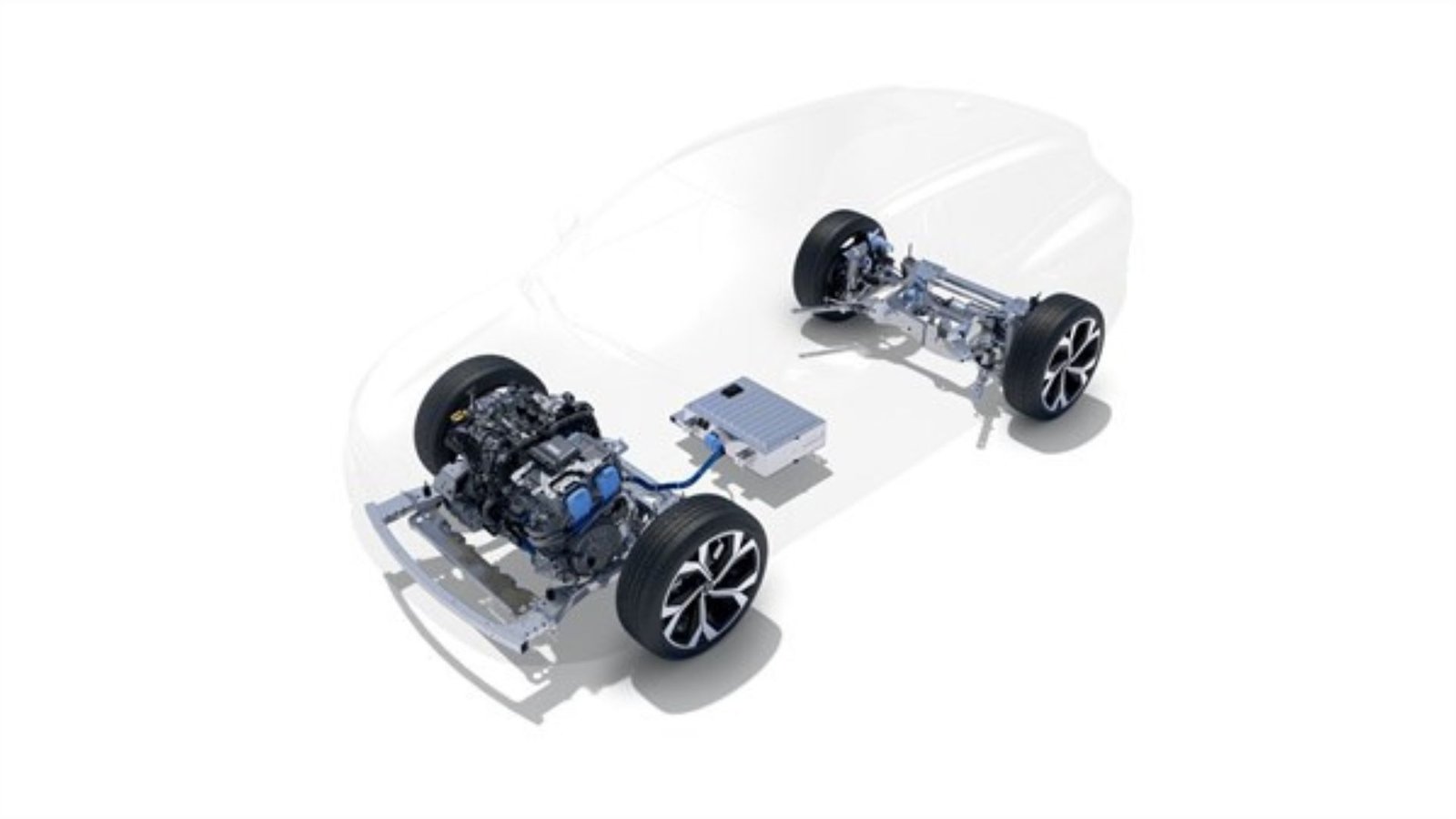Understanding Hybrid Vehicle Technology
Hybrid vehicles are becoming increasingly popular as people seek more eco-friendly and efficient transportation options. Understanding hybrid vehicle technology can help you appreciate the benefits these vehicles offer. Let’s explore how hybrid technology works and what makes it a compelling choice for modern drivers.
What is Hybrid Vehicle Technology?
Hybrid vehicle technology combines two different power sources: an internal combustion engine and an electric motor. This setup allows the vehicle to switch between or use both power sources, depending on driving conditions. The goal is to improve fuel efficiency and reduce emissions. Hybrid vehicles use a combination of gasoline and electricity to power the car, which helps save on fuel costs and lowers environmental impact.

How Do Hybrid Vehicles Work?
To truly grasp hybrid vehicle technology, it’s essential to understand how these systems operate. Hybrid vehicles have a few key components:
- Internal Combustion Engine (ICE): This is the traditional gasoline engine that powers many vehicles. In a hybrid, it works alongside the electric motor to provide power.
- Electric Motor: The electric motor assists the engine, helping to improve fuel efficiency and reduce emissions. It can also drive the vehicle on its own at low speeds.
- Battery Pack: This rechargeable battery stores energy for the electric motor. It is charged through regenerative braking and by the engine.
- Regenerative Braking System: This system captures energy usually lost during braking and uses it to recharge the battery. This process enhances overall efficiency.
Types of Hybrid Vehicles
Understanding hybrid vehicle technology also involves knowing the different types of hybrids available:
- Full Hybrids: These vehicles can run on just the electric motor, the internal combustion engine, or both. Full hybrids are very versatile and efficient in various driving conditions.
- Mild Hybrids: Mild hybrids use the electric motor to assist the engine but cannot drive solely on electric power. They improve fuel efficiency and reduce emissions.
- Plug-in Hybrids: These hybrids have larger batteries that can be charged from an external power source. They offer a longer electric-only range compared to standard hybrids and can be used for short trips without using gasoline.
- Extended-Range Electric Vehicles (EREVs): EREVs use a battery as the primary power source but have a small engine that acts as a generator to recharge the battery when needed.
Advantages of Hybrid Vehicles
Hybrid vehicles offer several advantages, particularly in terms of efficiency and environmental impact. Here are some benefits of hybrid vehicle technology:
- Improved Fuel Efficiency: By using both an electric motor and an internal combustion engine, hybrids can achieve better fuel economy compared to traditional vehicles.
- Reduced Emissions: Hybrids produce fewer pollutants and greenhouse gases, making them a greener option for environmentally-conscious drivers.
- Cost Savings: Lower fuel consumption translates into cost savings over time. Additionally, some hybrids are eligible for government incentives and tax credits.
- Regenerative Braking: This feature helps capture and reuse energy, enhancing overall efficiency and reducing wear on the brakes.
Hybrid Vehicle Technology and Daily Driving
Hybrid vehicle technology is particularly advantageous in urban settings where stop-and-go traffic is common. In such environments, hybrids can rely more on electric power, which is more efficient at low speeds. This not only improves fuel efficiency but also reduces noise and emissions.
Conclusion
Understanding hybrid vehicle technology can help you make informed decisions about your next vehicle purchase. Hybrids offer a combination of efficiency, reduced emissions, and cost savings, making them an excellent choice for many drivers. Whether you’re interested in a full hybrid, mild hybrid, plug-in hybrid, or EREV, hybrid technology provides a versatile and eco-friendly solution to modern transportation needs.

